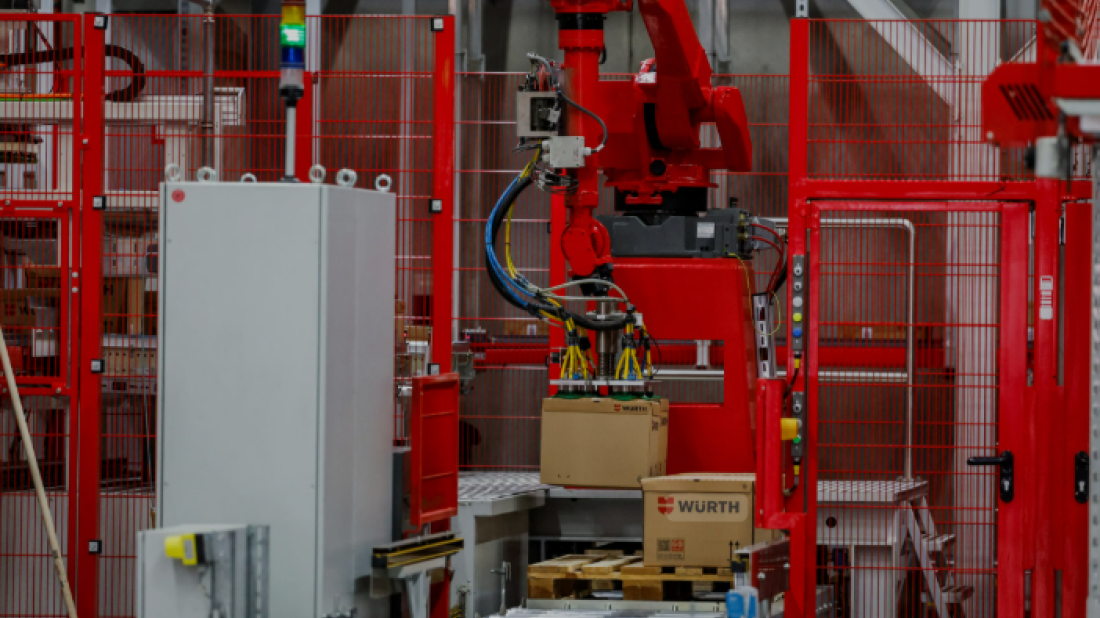Munich Security Conference to open amid doubts over U.S. commitment to Europe
Europe heads into the Munich Security Conference, on Friday (13 February), amid deepening unease over U.S. policy, as President Donald Trump’s hard-...

A new trade deal between the U.S. and EU has triggered backlash in Germany, with officials warning it threatens free trade and endangers tens of thousands of jobs.
The recently announced trade deal between the United States and the European Union has ignited strong criticism in Germany, particularly from political and business leaders.
The agreement, unveiled by U.S. President Donald Trump and European Commission President Ursula von der Leyen, imposes a 15% tariff on most EU exports like cars and semiconductors, while keeping 50% tariffs on metals such as steel and aluminum.
Critics argue the deal severely undermines Germany’s export-driven economy, especially its automotive sector.
Bavarian Minister Hubert Aiwanger criticized the tariffs as harmful to global trade.
"Tariffs will only distort the market. I hope that the United States would lower tariffs until they reach zero, so as to truly achieve free circulation of goods on a global scale," he added.
Automotive journalist Frank Volk warned that the uncertain business climate and potential relocation of production facilities could result in the loss of tens of thousands of German jobs.
While the White House described the deal as a modernization of transatlantic trade, European leaders voiced their discontent.
French Prime Minister Francois Bayrou criticized the EU’s concession as a 'submission,' and German Chancellor Friedrich Merz expressed concern that the agreement would heavily burden Germany’s economy, which relies heavily on exports.
Europe heads into the Munich Security Conference, on Friday (13 February), amid deepening unease over U.S. policy, as President Donald Trump’s hard-line stance on defence, trade and territory fuels doubts about Washington’s long-term commitment to transatlantic security.
James Van Der Beek, who rose to fame as Dawson Leery in the hit teen drama Dawson’s Creek, has died aged 48 following a battle with stage 3 colorectal cancer.
U.S. President Donald Trump and Prime Minister of Israel Trump hosted Netanyahu for closed-door talks focused on negotiations with Tehran, Gaza and wider rBenjamin Netanyahu ended a two-and-a-half-hour meeting at The White House on Wednesday without reaching agreement on how to move forward on Iran.
Norway’s Sturla Holm Laegreid, who won bronze in the men’s biathlon at the Milano Cortina 2026 Winter Olympics on Tuesday (10 February) in Italy, stunned viewers by publicly admitting he had cheated on his girlfriend and pleaded for another chance during post-race interviews.
Türkiye and Greece signalled renewed political will to ease long-standing tensions during high-level talks in Ankara on Wednesday (11 February). Maritime borders, migration and trade topped the agenda as both leaders struck a cautiously optimistic tone.
Europe heads into the Munich Security Conference, on Friday (13 February), amid deepening unease over U.S. policy, as President Donald Trump’s hard-line stance on defence, trade and territory fuels doubts about Washington’s long-term commitment to transatlantic security.
Start your day informed with AnewZ Morning Brief: here are the top news stories for the 13th of February, covering the latest developments you need to know.
Portugal's parliament approved a bill on Thursday (12 February), on its first reading, requiring explicit parental consent for children aged 13 to 16-years old to access social media, in one of the first concrete legislative moves in Europe to impose such restrictions.
A bipartisan group of 37 U.S. lawmakers have written to senior Taiwanese politicians expressing concern about parliament stalling proposed defence spending, saying that the threat posed by China has never been greater.
The Bangladesh National Party (BNP) won a decisive two-thirds majority in Friday's (13 February) general elections, a result expected to bring stability after months of tumult following the ouster of former Prime Minister Sheikh Hasina in a Gen Z-led uprising in 2024.
You can download the AnewZ application from Play Store and the App Store.

What is your opinion on this topic?
Leave the first comment